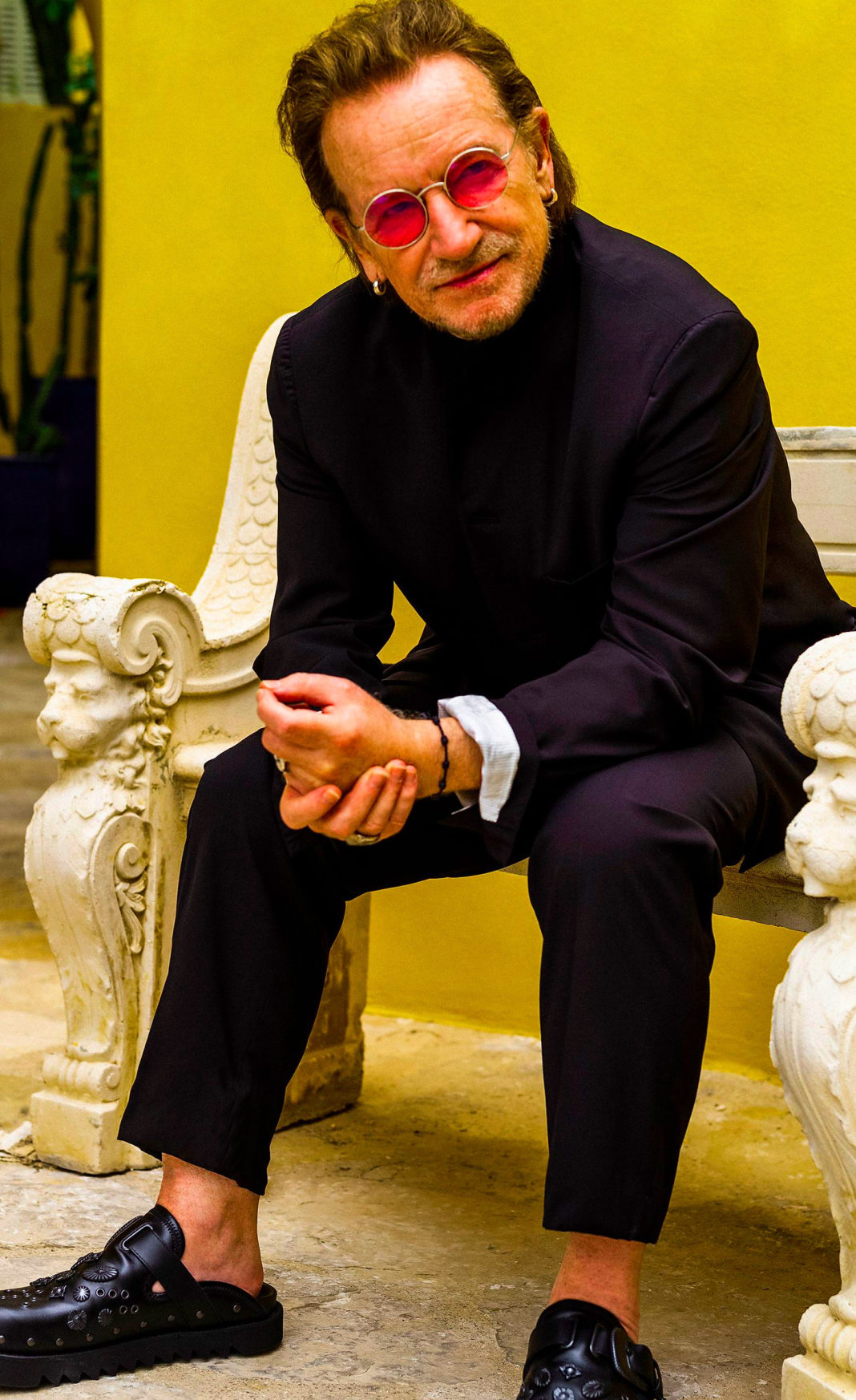Bono’s Next Chapter: A New Story Unfolds
During a recent visit to his French estate, Bono shared insights into his life, career, and the forthcoming release of his film, a deeply personal adaptation of his memoir.
Near the end of our initial meeting, Bono casually mentioned the renowned Irish poet W.B. Yeats’ nearby burial site. The setting was idyllic; early April, the Mediterranean Sea stretched to the horizon, a picturesque backdrop to his sprawling South of France property.
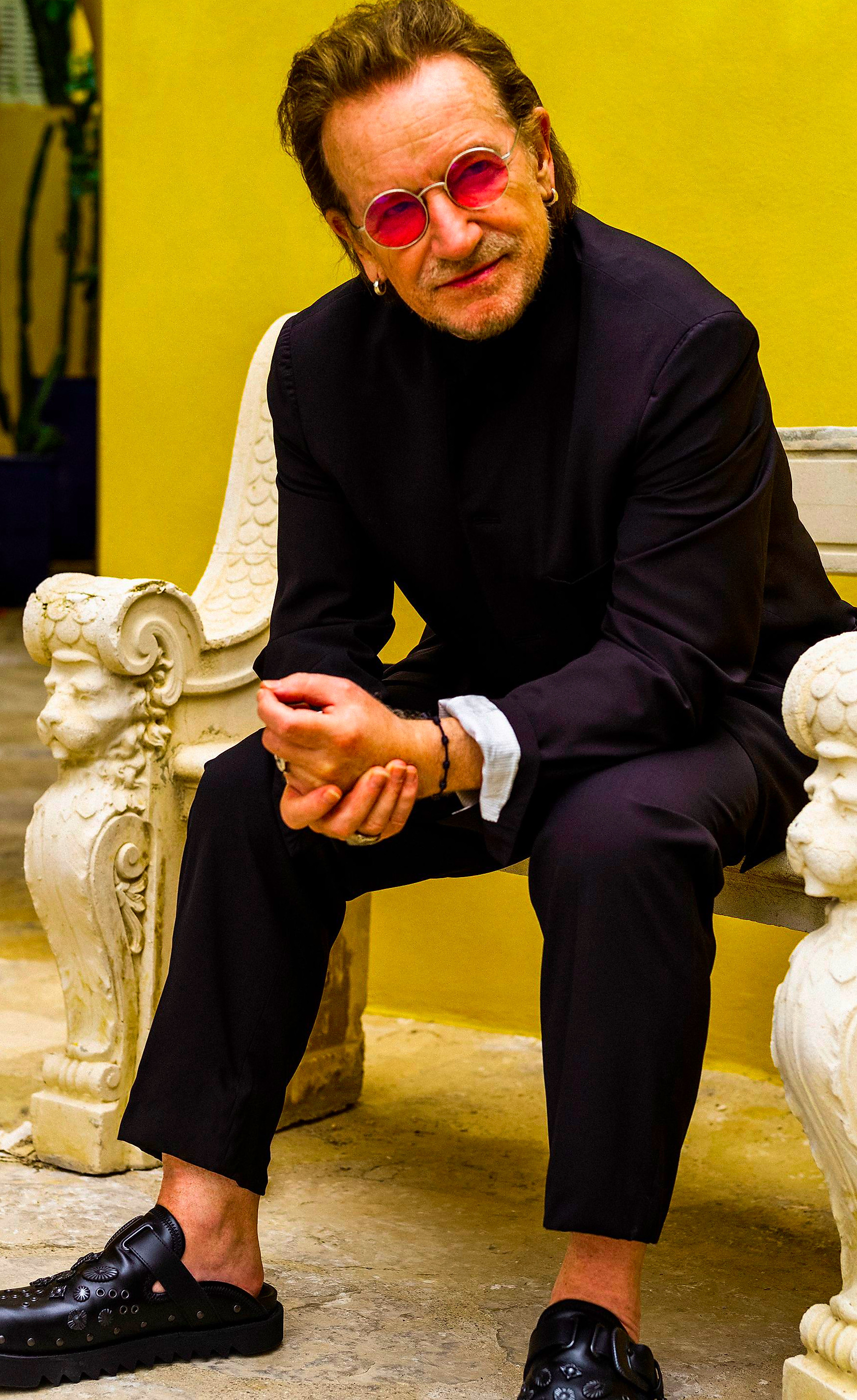
He shares this haven with his bandmate, the Edge. Their acquisition stemmed from a chance encounter during a band vacation in the early 1990s, a decision the other band members initially opposed due to the significant upkeep required. The success of U2 in the preceding decade, however, made the purchase feasible.
The property has undergone significant changes to accommodate their growing families. While renovations were underway during our visit, the estate has proved invaluable to Bono and the band.
Days later, during a conversation in one of the living rooms, Bono reflected on the transformative impact of the estate. He described it as crucial to their musical longevity, providing a much-needed respite from the intense pressures of their career.
The period leading up to purchasing the home was characterized by both exhilaration and exhaustion. The singer described the arduous journey to global superstardom as a continuous uphill battle, one that took its toll on the band members.
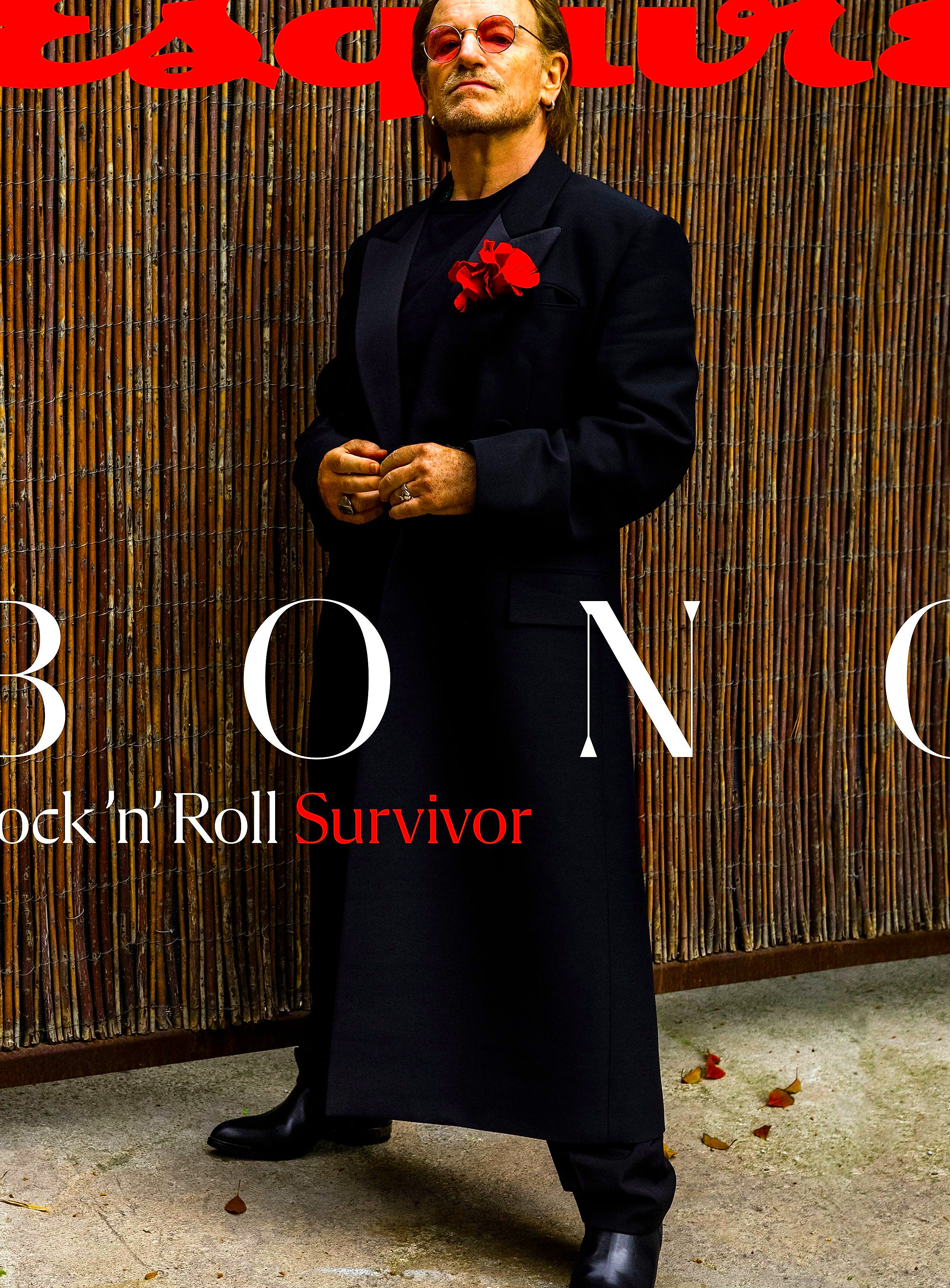
The South of France retreat, however, offered Bono a necessary counterbalance to his relentless drive, providing a space for rejuvenation and personal growth. This sanctuary served as an antidote to the demanding aspects of his life as a rock star and a dedicated humanitarian.
While acknowledging the lack of complete anonymity, Bono emphasized the respect afforded to him by his French neighbors, creating a sense of respite. The estate allowed him to finally unwind and savor personal moments with his family and friends, something he describes as transformative.
Reflecting on his past, Bono recognized a period of excessive indulgence in his thirties. This prompted self-reflection and the pursuit of a more balanced lifestyle.
His family continues to visit, especially during summer months. The home often echoes with the sounds of laughter and shared moments. Bono values these gatherings, viewing his home as a space for shared experiences. His family has grown to include grandchildren from the Edge’s family, who affectionately call him “Bono”.
However, Bono also cherishes his solitude, using the time for focused work. His recent film, *Bono: Stories of Surrender*, shot during his one-man stage show, offers an intimate portrayal of his life.
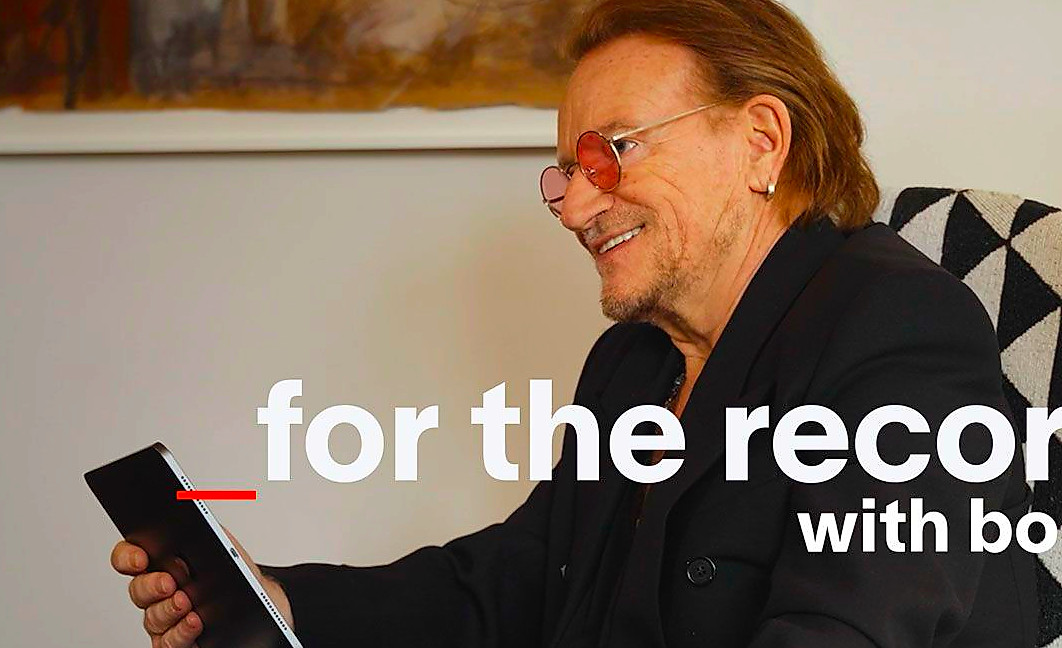
This project, released on Apple TV+, is more than a nostalgic endeavor; it represents a period of personal growth and healing. The film documents Bono’s recovery from a significant health scare and his confronting of past traumas.
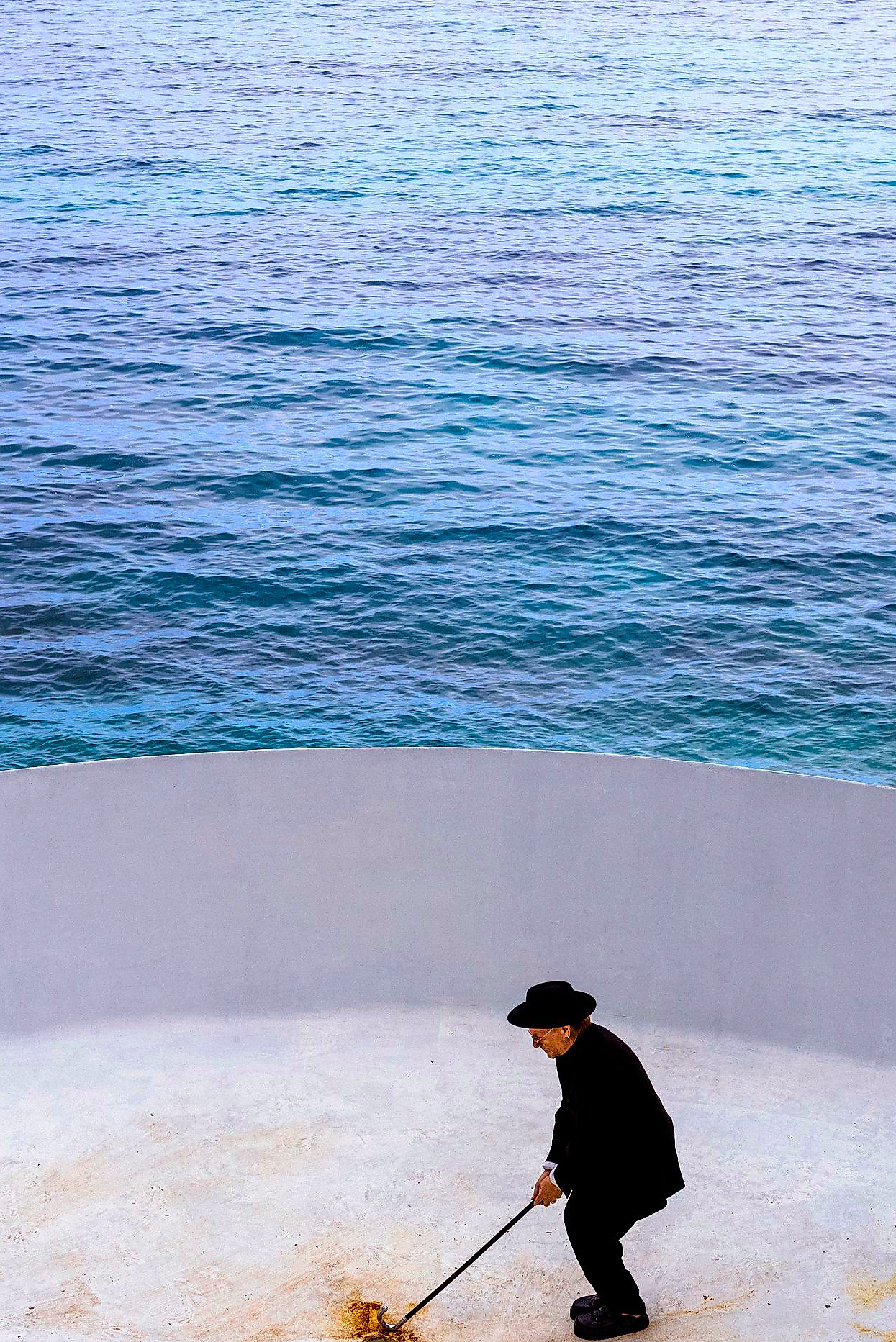
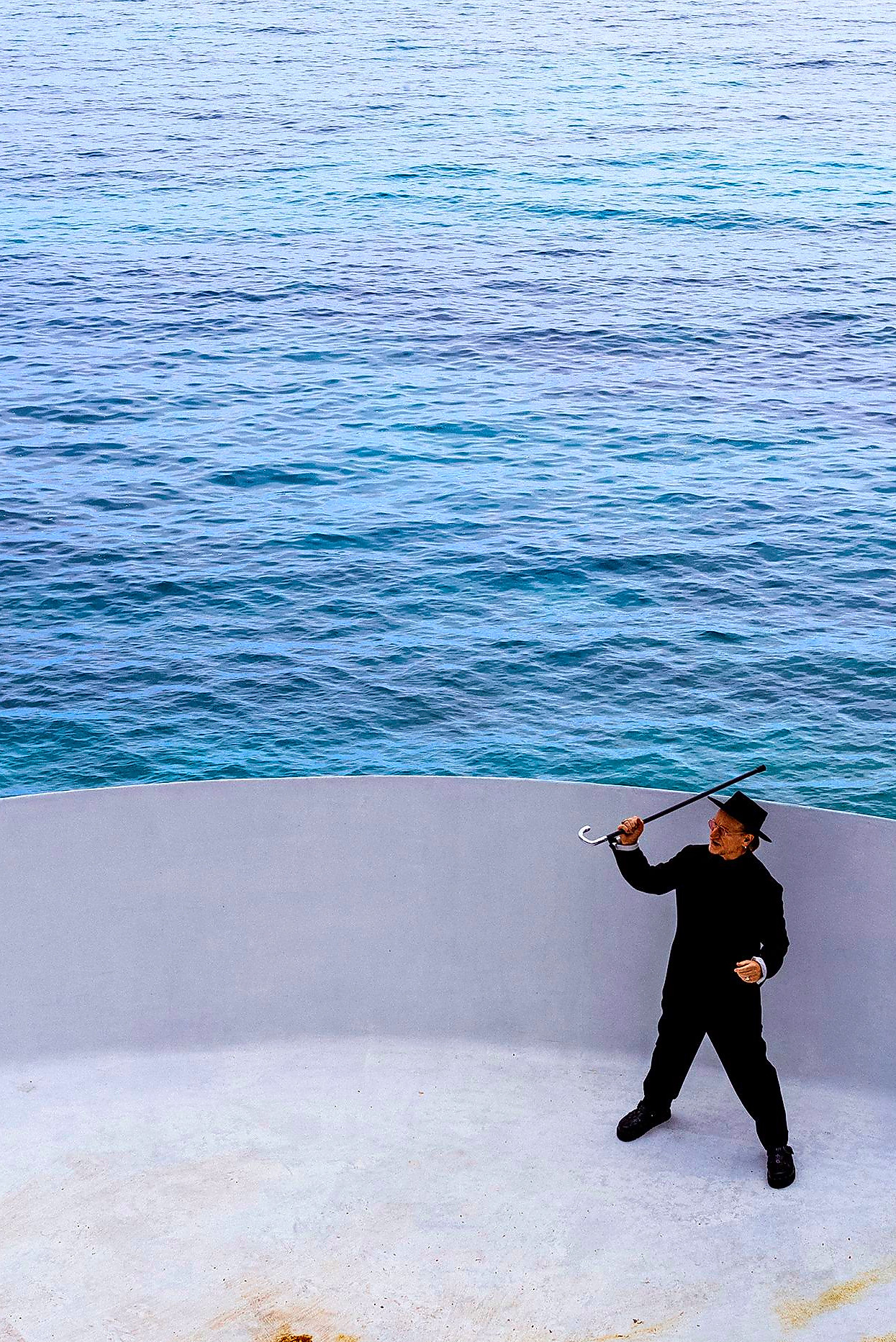
Despite his introspection, Bono’s drive remains strong. U2 is actively working on new music, and his enthusiasm is evident. He feels rejuvenated and eager to share his ongoing story.
The creation of the film evolved beyond its initial scope, encompassing both a live performance version and an immersive experience for Vision Pro. Director Andrew Dominik pushed Bono to confront painful memories and emotions, resulting in a transformative experience.
Bono’s journey with U2 has been a collaborative effort. Yet, Dominik’s direction challenged Bono in unexpected ways, pushing him beyond his comfort zone. The filmmaker’s insistence on authenticity led to powerful and emotional scenes.
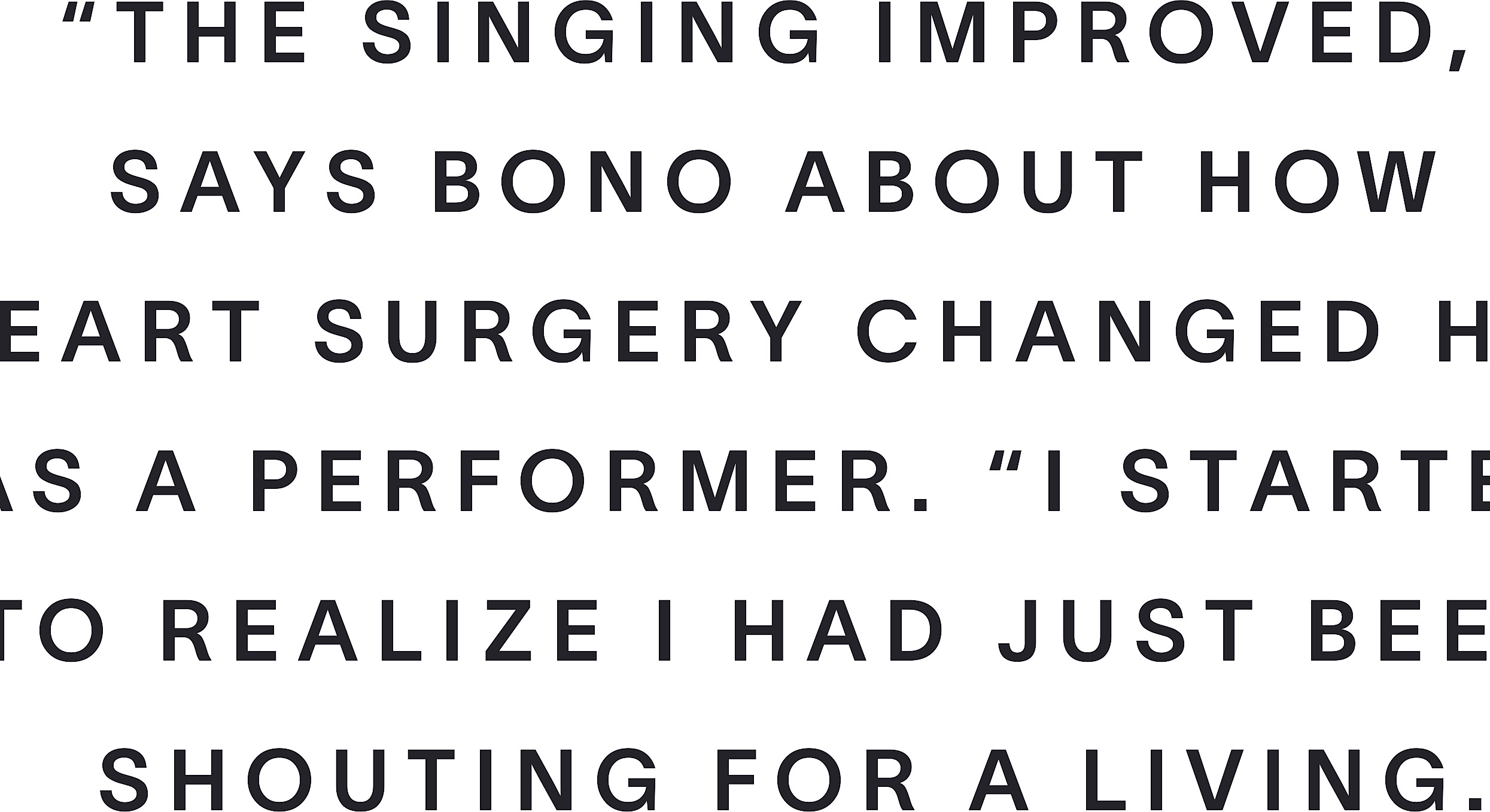
U2’s origins are now legendary. In 1976, a simple flyer seeking band members led to the formation of the iconic group. Bono’s participation was driven in part by a profound sense of loneliness following the loss of his mother.
Bono’s early years were marked by the absence of his mother and a complex relationship with his father. These experiences fueled his ambition and drive to achieve significant success.
Despite his later achievements, his relationship with his father remained strained. After his father’s death, Bono sought forgiveness and found reconciliation, a journey chronicled in his memoir and film.
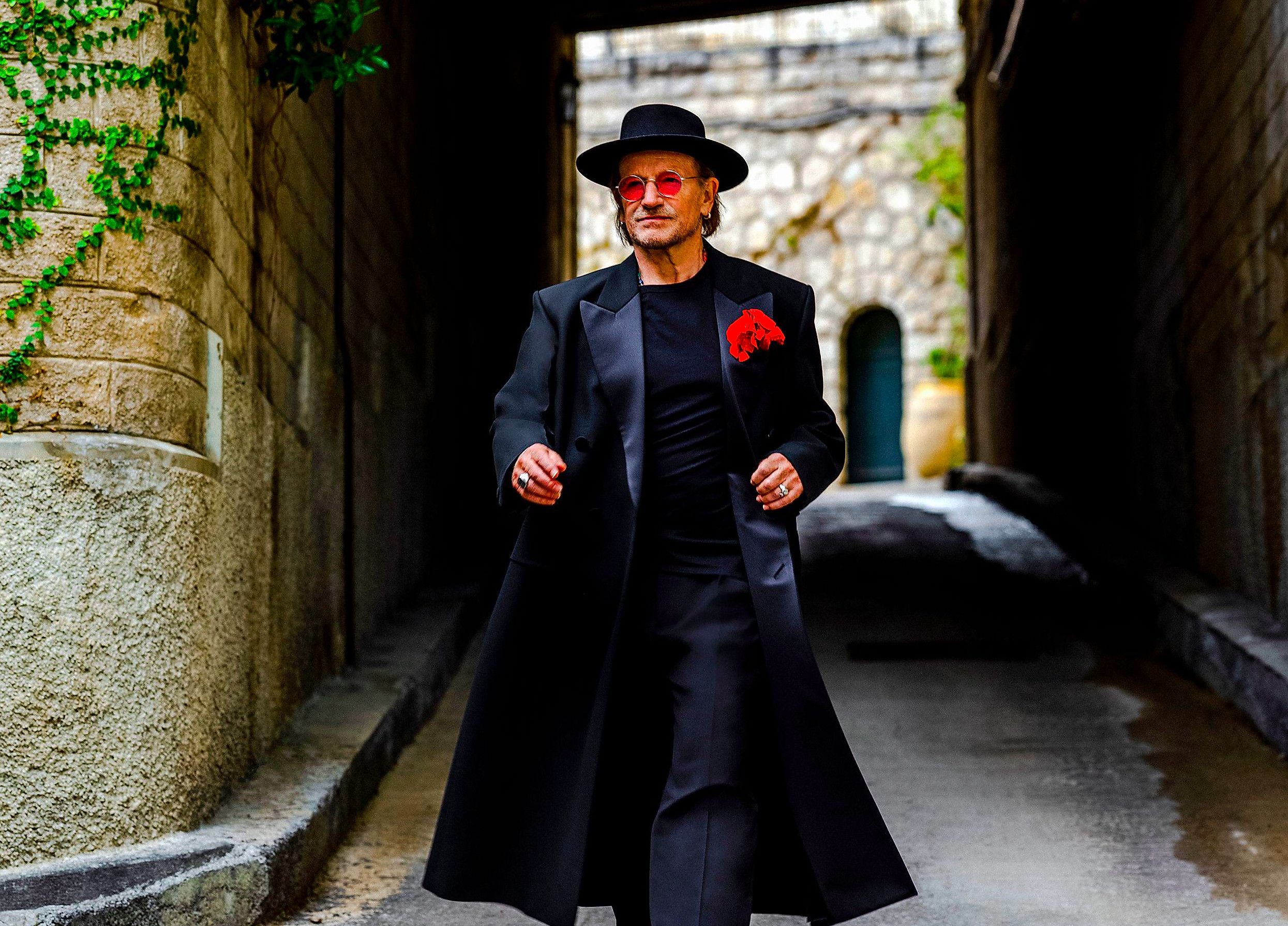
Bono’s career with U2 has been marked by both adoration and criticism. The band’s outspoken stance on political and social issues has resonated deeply with some and alienated others.
Throughout their career, Bono and U2 have strived to create music with a purpose, a commitment that has both defined and challenged them. Their outspokenness on social issues has led to both praise and controversy.
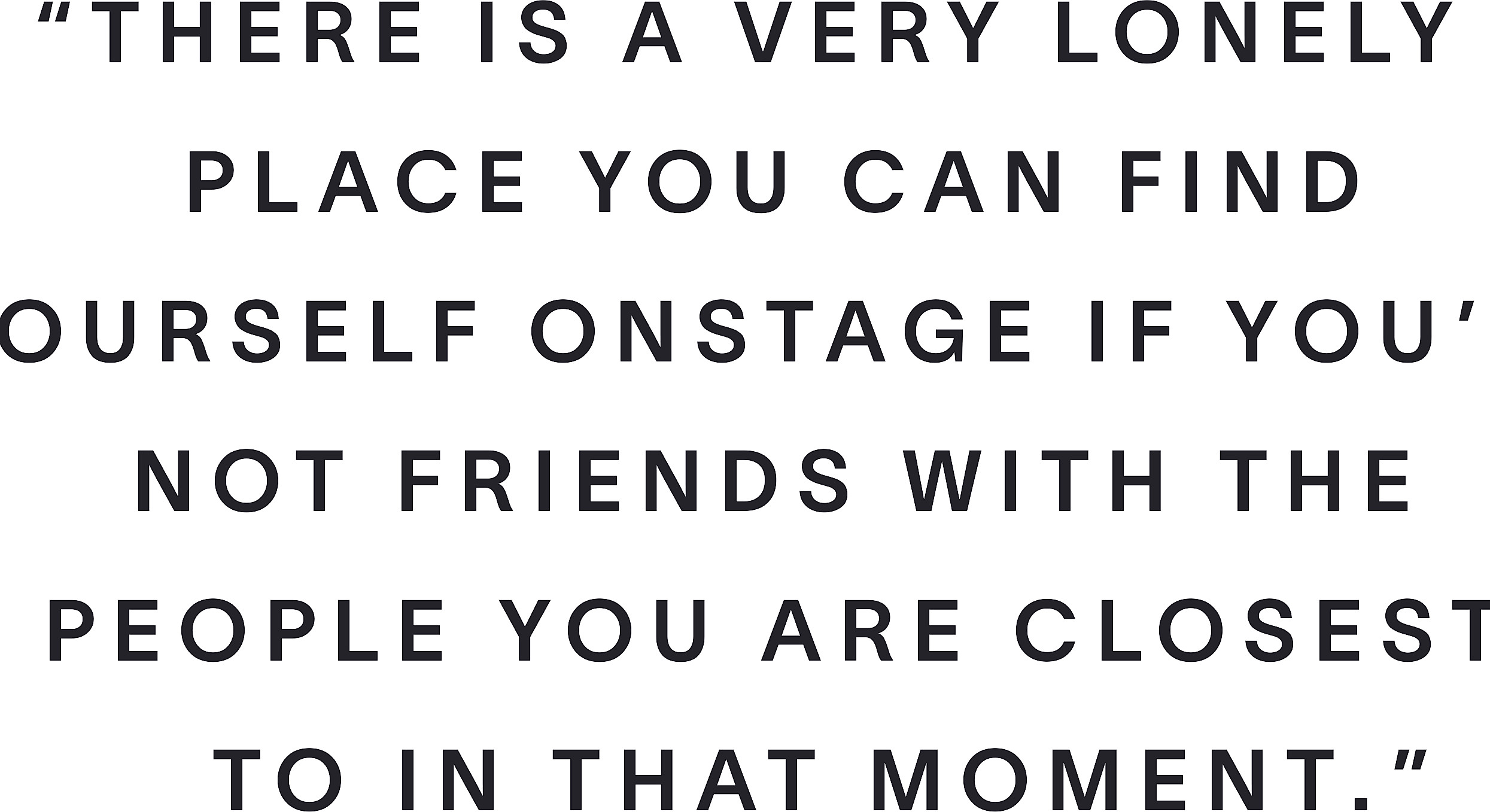
Bono’s open-heart surgery in 2016 forced him to confront his mortality and re-evaluate his priorities. The recovery process, though challenging, fostered a new perspective on life’s essential aspects.
Bono’s post-surgery experiences have led to a period of self-reflection, culminating in the release of his memoir and film. He embraces a more balanced approach to life and work.
His family encouraged him to incorporate more everyday activities into his routine. This led to unexpected discoveries, like his newfound appreciation for television and streaming services.
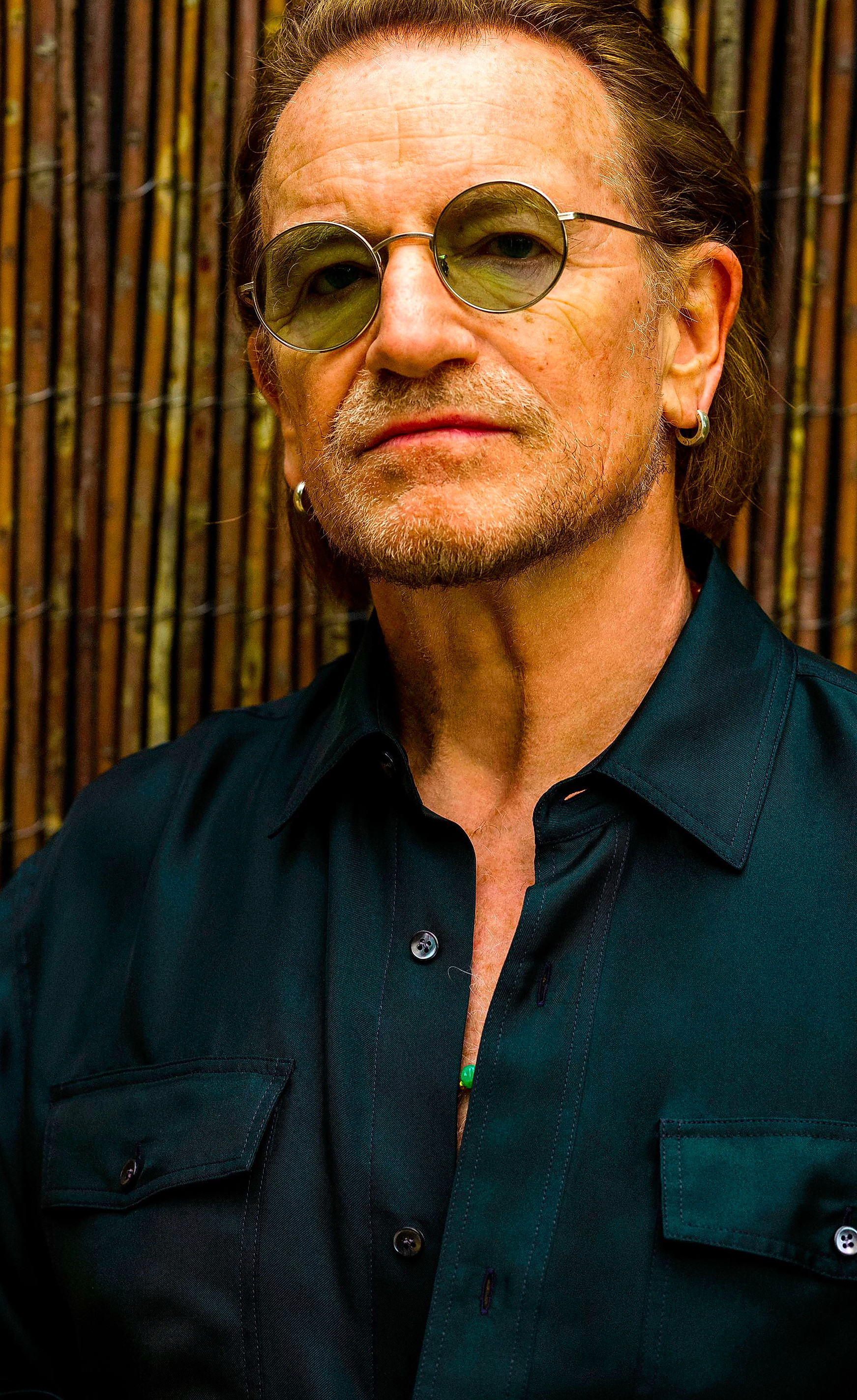
Bono’s philanthropic efforts have been significant, but he recently stepped down from the board of his organizations, creating space for a new generation of leaders. He reflects on the challenges and rewards of his humanitarian work.
Despite stepping back, he expresses concern about the global political climate. He feels strongly about the need for continued action and believes the world needs to take a more proactive role in tackling important issues.
Bono’s political views are complex and often defy simple categorization. His dedication to social justice has driven him to work with various administrations, despite facing criticism from some sectors.
He feels concern about current political trends, particularly the rise of nationalism. He acknowledges the difficulties in overcoming these challenges, but maintains hope for positive change.
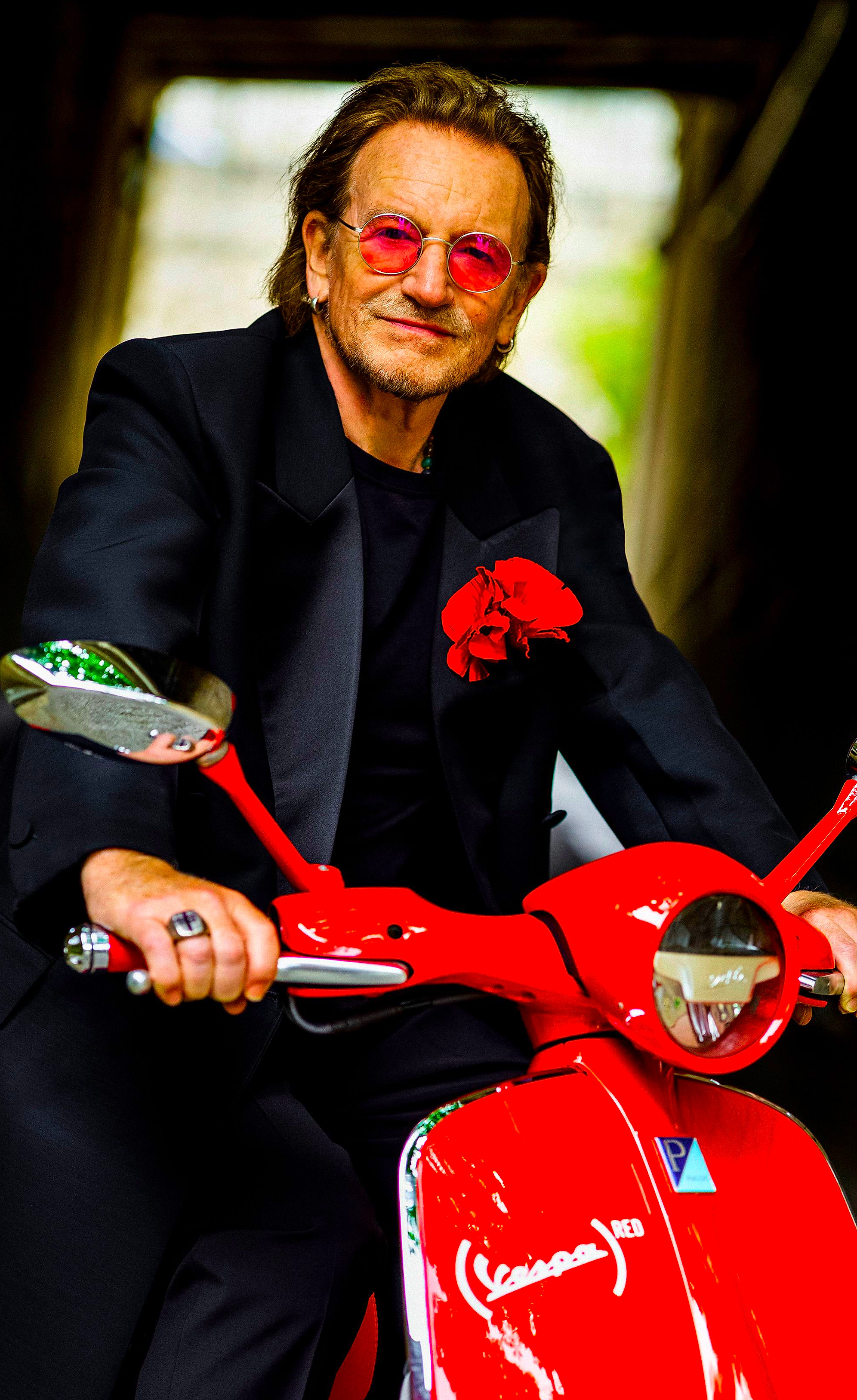
He finds solace in the potential for European unity and the belief in the American public’s capacity for reasoned decision-making. He advocates for the importance of freedom and the pursuit of meaningful pursuits.
Bono frequently returns to the theme of harmony, drawing parallels between music and the pursuit of balance in life. He discusses his family life and his close relationship with his wife. He views this connection as a crucial source of wisdom and support.

He shares anecdotes about his children, expressing deep pride in their achievements and their commitment to making a positive impact on the world. He emphasizes the importance of family and community in shaping their lives.
Bono acknowledges the driving force of his ambition, stemming from a desire to prove his father wrong. However, he notes a key difference in the approach to life between his own generation and that of his children.
Bono’s relentless drive persists. U2 is recording new music, and he expresses a sense of excitement about this new project. He reflects on the creative process and the importance of live performance.
The new U2 material shows promise, and Bono anticipates a positive reception from their audience. He speaks of their unique dynamic and the band’s sustained creativity.
The new songs revisit fundamental themes, drawing inspiration from past experiences and personal reflections. The band is working again with producer Brian Eno.
Bono’s primary motivation for releasing new music is to create a compelling reason to embark on a tour. He is eager to reconnect with their audience, sharing music that inspires and unites. The band’s legacy is deeply intertwined with its live performances, and Bono eagerly awaits the opportunity to share their new music with the world.
In the opening photo: Jacket by Dries Van Noten. Sunglasses and jewelry, Bono’s own.
In the cover image: Coat, trousers, and pin by Ferragamo; T-shirt by Dries Van Noten; sunglasses, shoes and jewelry, Bono’s own.
